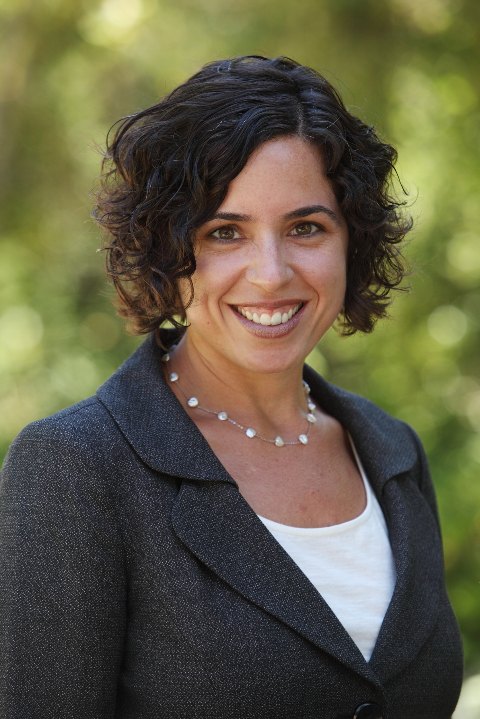New Medieval Lit Professor at Westmont
Jamie Friedman Joins College As Assistant English Professor
Jamie Friedman, who joins Westmont as an assistant professor of English this fall, became fascinated by medieval studies when an English professor visited her history class to discuss Beowulf, the Old English epic poem. “He had us beat on the desks while he chanted the verse,” Friedman says. “The content of the poem and the sounds reverberated in my gut, and I was hooked.”

At Whitworth University, Friedman focused on English literature and French language and literature with an emphasis on medieval studies. She earned master’s degrees at Portland State University and Cornell University and a doctorate in medieval studies at Cornell.
Her research and teaching interests focus on literary, identity, and gender theories. “I’ve found that identity studies are one way of getting at who we are and how we exist in our skin as humans in the world,” she says. “I think medieval writers, especially in the 14th century, are also interested in identity and how identities can be questioned. It happens to be an interesting time to think about the big ideas that matter now.”
Some of Friedman’s favorite Whitworth professors were Westmont alums. “It’s a similar kind of institution that also wants to blend rigorous academics and the embodiment of faith, bringing those two realms together in robust dialog,” she says. “The opportunity to be a believer, teaching at an institution where our faith is a component of how and what we are learning, is exciting.”
She says teaching about medieval literature and intermixing that with faith is fluid since culture in the Middle Ages is steeped in Christianity. “I love the way medieval literature is alive in that it’s earthy, or infused with their experience in the flesh,” she says. “These writers wrestle with profound, and profoundly relevant, theological and ideological questions: how to embody identities within the Christian community, how to encounter gendered, racial, and religious others, what it means to engage the secular with the sacred. I’ve found that students, especially at this time in their lives, are also interested in grappling with these questions.”

